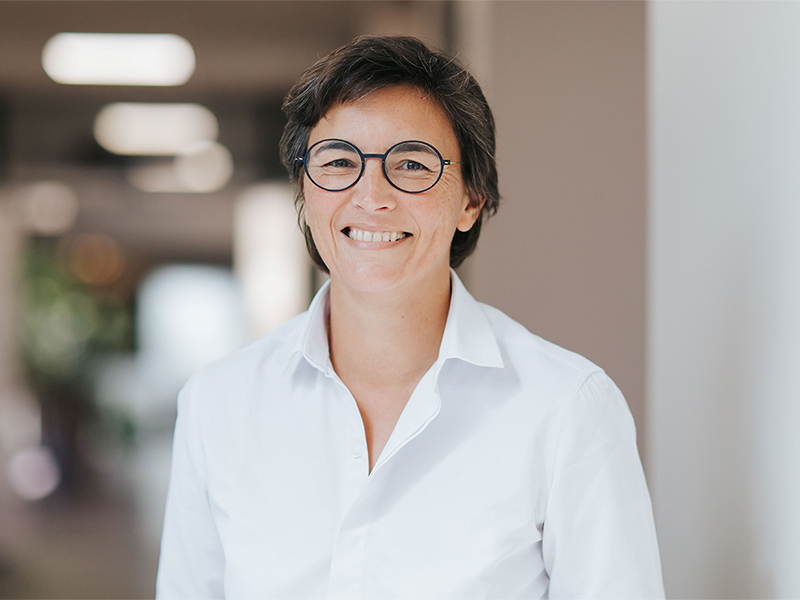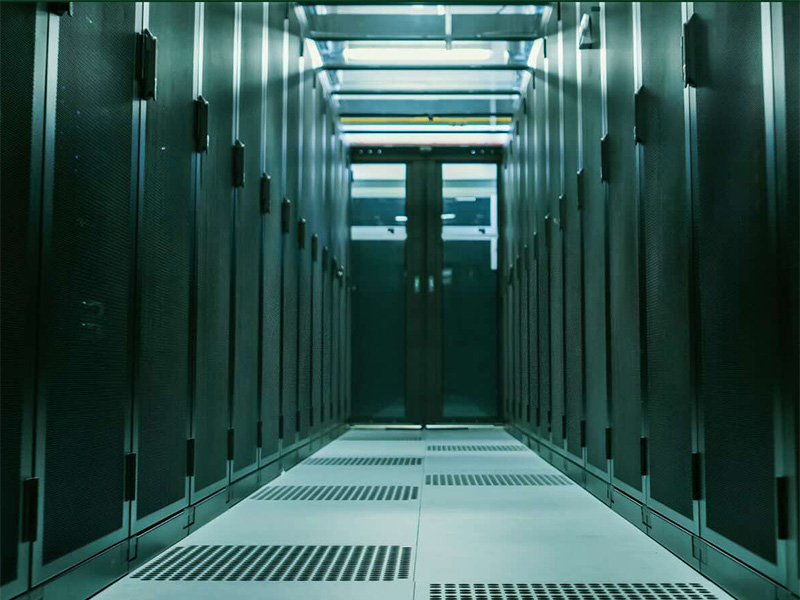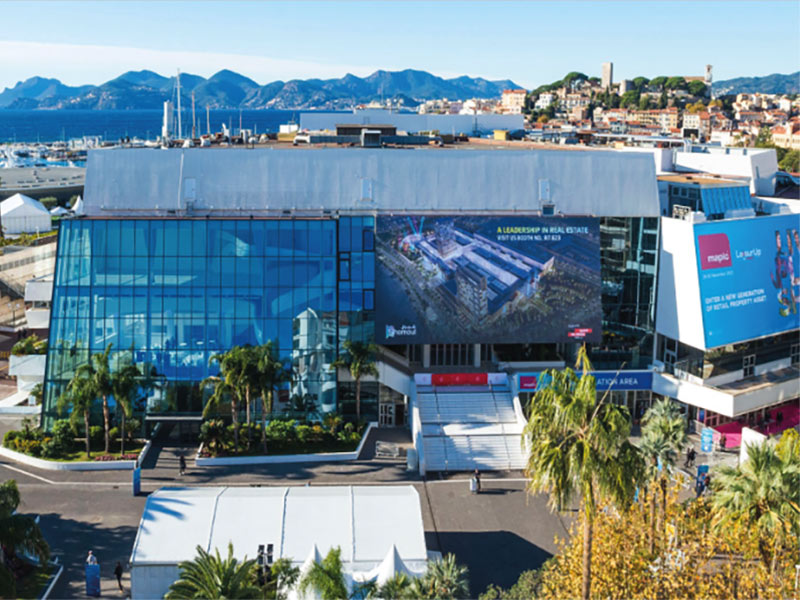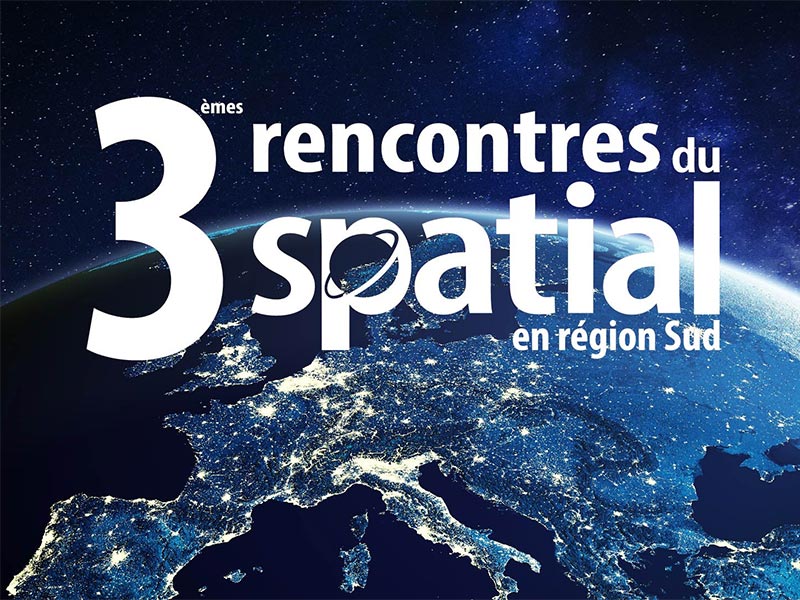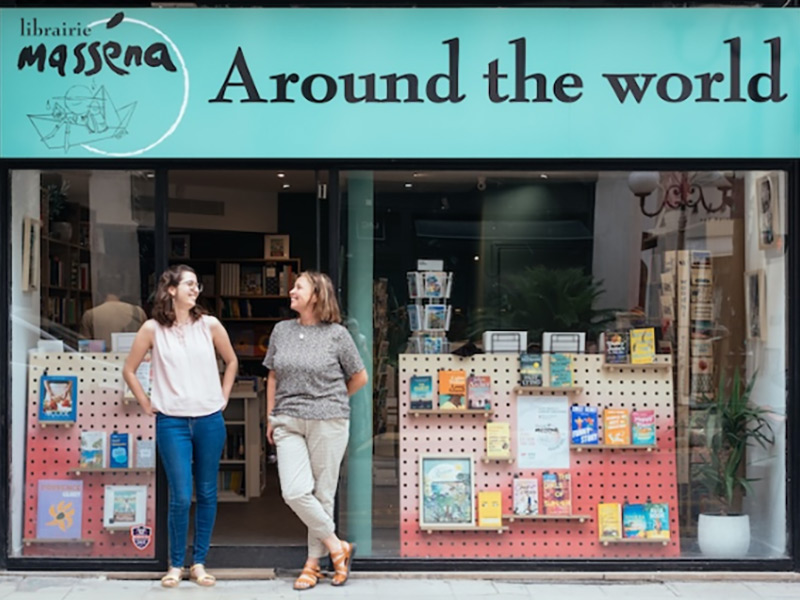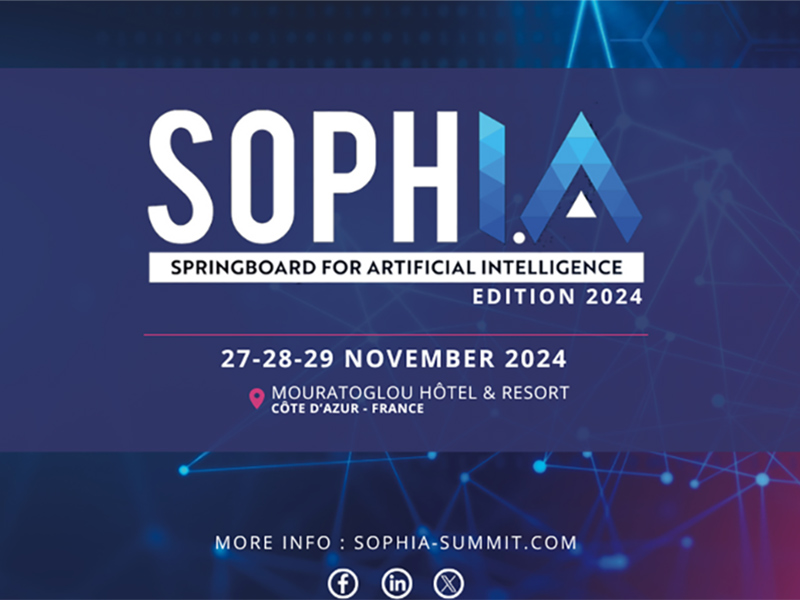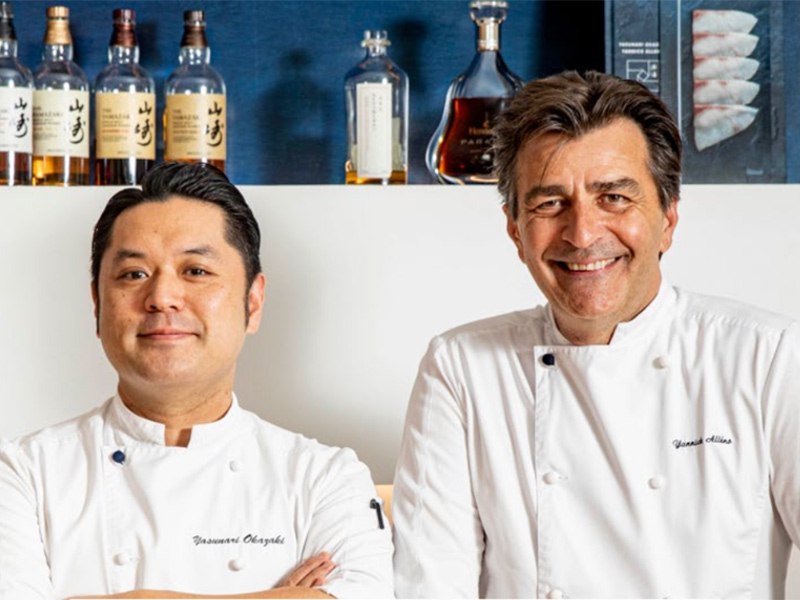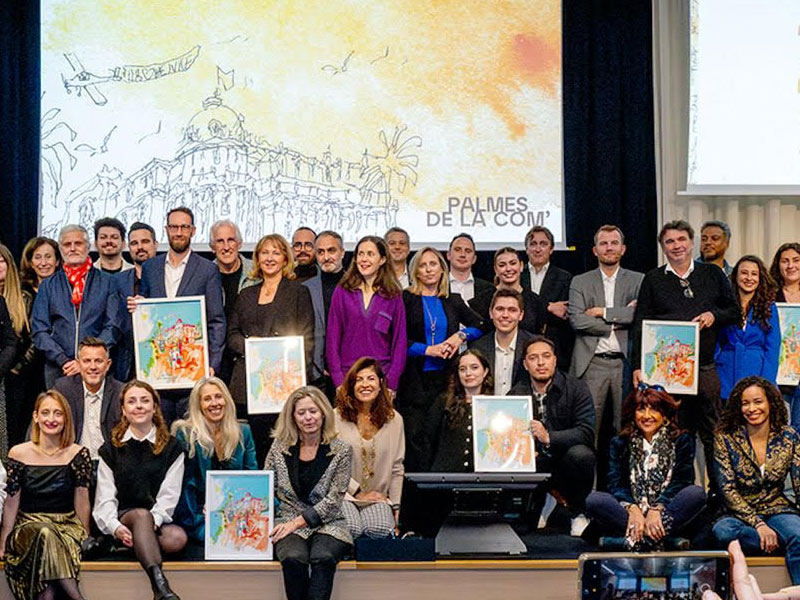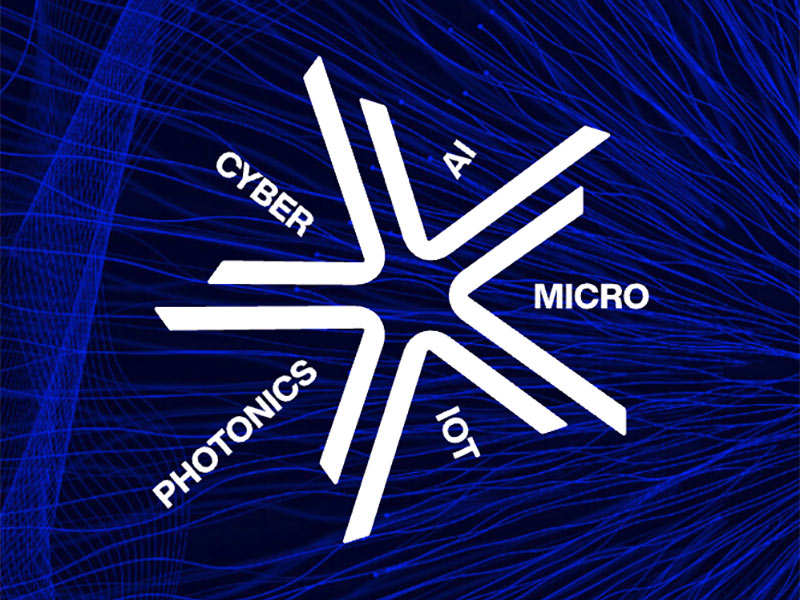Monaco : the « Nobel » prizes of Applied Research
The European great prizes of innovation, rewarded on Saturday December 9th in the Principality, will award five revolutionnary projects on the theme of “Energies and their applications”.
It’s another European summit which, in the same time as the one in Nice, will take place in Monaco with much more discretion : the European forum of innovation. Such a forum will start on Friday 8th December at 2.30 pm in the hotel Marriott Cap D’Ail of Monaco (the Monte-Carlo III salon), will go on for two days, and will end up on Saturday 9th December, 7.00 pm, with the reward ceremony of the European Great Prizes of Innovation. This ceremony which will take place in the sumptuous setting of the sovereign prince’s Museum of ancient cars, will gather toghether five finalists and will allow to celebrate the year 2000 winner.The acknowledgement of the engineerPierre-Alain Dupuy-Urisari, foundator of the meeting and general commissioner, considers the event as one of these great prizes that he presents as the Nobel prizes of applied research.”An engineer,he says, will never have the Nobel prizes which rewards the talent of searchers. The european Great Prizes of Innovation only reward those who do applied research. An engineer can be rewarded. Not only searchers. Moreover the neutrality of choices which are made in the awarding of prizes is guaranteed because the ceremony is organized in Monaco”.It’s that will to keep on the seriousness of the high industry, to select much more severely, which, as years go by, has allowed to gather toghether the greatest protagonists of research and industry around institutional partners such as the European Commission, the patent offices, the great universities. This seventh edition will respect that logic. On the theme “Energies and their applications”, five finalists are in competition and they will meet on Saturday evening.Five great finalistsThese are great finalists : the CERN, the Engineering School of Lausanne, the German school GmbH which has already been rewarded, the English school IT Power. Their projects which allowed them to be finalists, open promising ways in the field of energy. Thus, IT Power Ltd (Great-Britain) creates giant under-water turbines which are able to pick up energy from under-currents or tides. The CNRS created a cold making process, without electricity; such a process uses the chemical reaction between a gas (ammonia) and a solid (a salt) trapped into graphit.As well, Integral energietechnik GmbH presents a cold making system but with a base of water used as a condenser, what allow not to use a gas. The Federal Engineering School of Lausanne has created an innovating process, photovoltaical glasses which look like panes, which don’t feel temperature changings and which generate an electricity around heigth times less expensive as silicon modules.As to the CERN, it should revolutionnize the nuclear medecine, with its “Energy Intensifier”. The matter is a “fast neutrons system, piloted by a proton booster” which allows, among others, to create Radio-Isotopes which are useful in the industry but also in medecine in which applications are more and more numerous (diagnosis, cancer therapy, pain treatment, etc). We can say that among such innovations, the choice of the jury will be difficult.Forum : a support for innovation in EuropeThe European Forum for innovation, which will open the ceremony, will allow protagonists of both research and innovation sectors to exchange their ideas reguarding the support to European start-ups on the theme of “Externalisation of management and economic knowledge as reguard European start-ups”. European officials (European commission, European office of patent, European space Agency, l’EARTO, etc) which are able to organize promotion frameworks (financial progammes, creation of innovating patents, etc.), will meet academic people, searchers, and innovating companies which play a great part in the development of the European industry.The main part, called the marathon, will be reserved for the presentation of interventinon programmes for support and promotion of innovation. Both Saturday parts will respectively focus on the external management (particularly incubator) and on the economic knowledge (technology transfers, data bank, technologic progress, etc.). During these two parts, whose moderator is Howard Stableford (BBC, Tomorrow’s World), participants will be able to debate with precise exemples and contraditory statements. That’s also the occasion to think about the problem of supporting the innovation in Europe…



